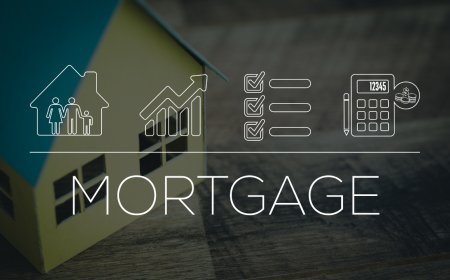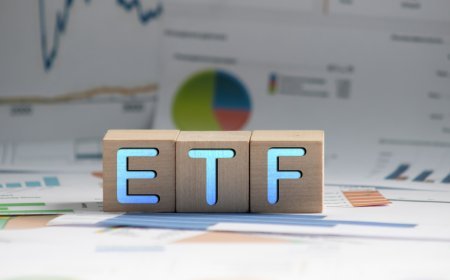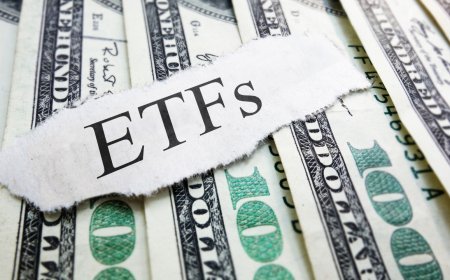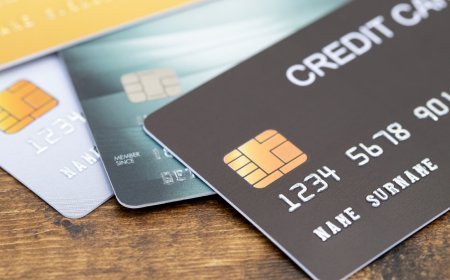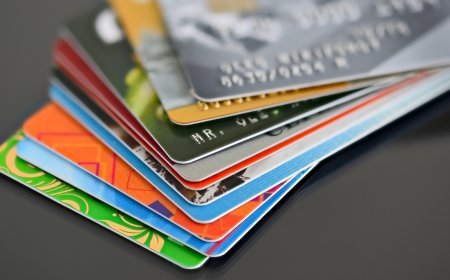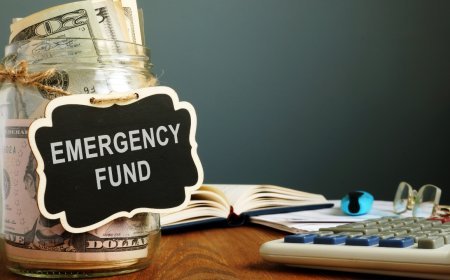How to Budget for Healthcare and Emergency Expenses
Learn how to prepare for medical costs and unexpected emergencies with practical budgeting strategies. Discover how to build financial resilience and reduce stress when life throws you the unexpected.

Medical care and emergencies are the two most unpredictable expenses that people and households face. Medical costs, unforeseen accidents, and emergencies are a significant cause of financial pressure without a plan in place. Creating a budget that will estimate these possibilities secures your money and also reduces your stress when things become uncertain.
The easiest thing is to learn about your health spending. The majority is burdened by two kinds of healthcare expenditures: constant bills like the insurance premiums and recurring prescribed medication, and variable costs like a visit to the emergency room or specialists. An examination of previous bills and a review of spending habits will give you a basis upon which to set how much you are likely to need every month. With this approximation, you can start developing a concrete plan that will help you budget both routine and unforeseeable events.
The basis of financial security is an emergency fund. Regularly making small savings can help pay off a medical emergency, an emergency hospital treatment, or a vacation. Financial gurus must advise that you save between three and six months of expenses, but $500 to $1,000 can be a nice safety net. The trick is to ensure that saving is automatic and that it is like any other expenditure in your budget, so that the savings will grow over time.
Special accounts with tax advantages, like the Health Savings Accounts (HSAs) or Flexible Spending Accounts (FSAs), can also be used effectively in medical budgeting. SAs enable tax-deductible contributions, grow in the long term, but can roll over year to year, which makes them highly effective in the long term. Difficult to predict, SAs, which usually require money spent in the current year, can ensure tax savings in time and can decrease the costs of medical expenses significantly. Utilising such accounts will curtail direct expenses and increase the efficiency of your budget.
Insurance premiums are reasonable to include in your budget as fixed; however, it is also essential to include deductibles, co-pays, and even annual out-of-pocket maximums in your budget. All these costs are commonly ignored, but they are still valid costs that can cause tension once they build up. Every year, reviewing and modifying your insurance covers will keep you away from unwanted insurance covers that you may not need and at the same time protect you against the financial shocks. Healthcare costs can be cut back without marginalising the care. Selecting in-network providers, requesting generic rather than brand-name prescriptions, and utilising preventive care services are some of the ways one can keep costs down. Telehealth has also proven to be a cost-effective measure for non-event consultations, saving time and money. Adjustments of this nature, made on a cumulative basis, can create a visible impact in terms of your overall budget..
Finally, one should not forget that not every emergency is medical. Loss of a job, a car crash, or just some sudden family commitments can upheave the financial stability just as fast as a hospital visit. A balanced emergency budget will therefore include health-care costs as well as general emergency costs to provide genuine security.
Planning healthcare and emergency budgeting can be daunting initially, but with consistency, it becomes manageable. Examining your expenses regularly, cutting back on lesser sums, and using the financial instruments at your disposal allows you to build up a defence against life uncertainties as well as secure your financial future. A well-thought-out strategy today helps prevent the unpleasant surprises that would be a considerable burden tomorrow.
What's Your Reaction?
 Like
1
Like
1
 Dislike
0
Dislike
0
 Love
0
Love
0
 Funny
0
Funny
0
 Angry
0
Angry
0
 Sad
0
Sad
0
 Wow
1
Wow
1






